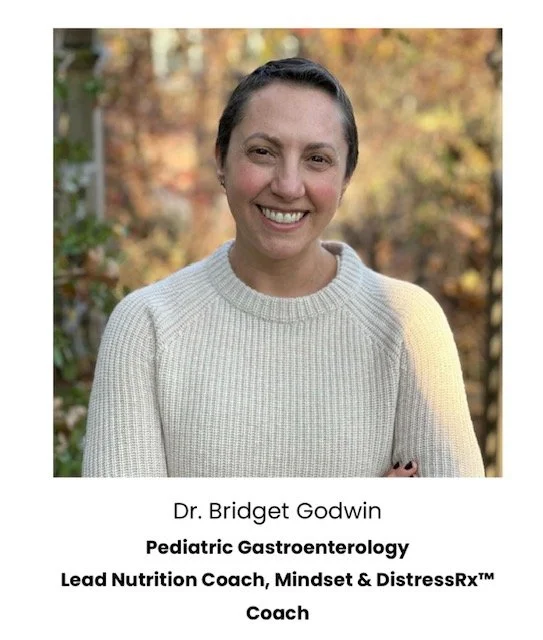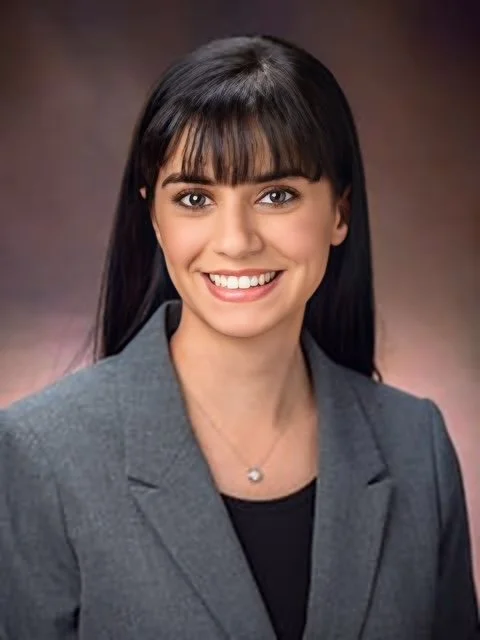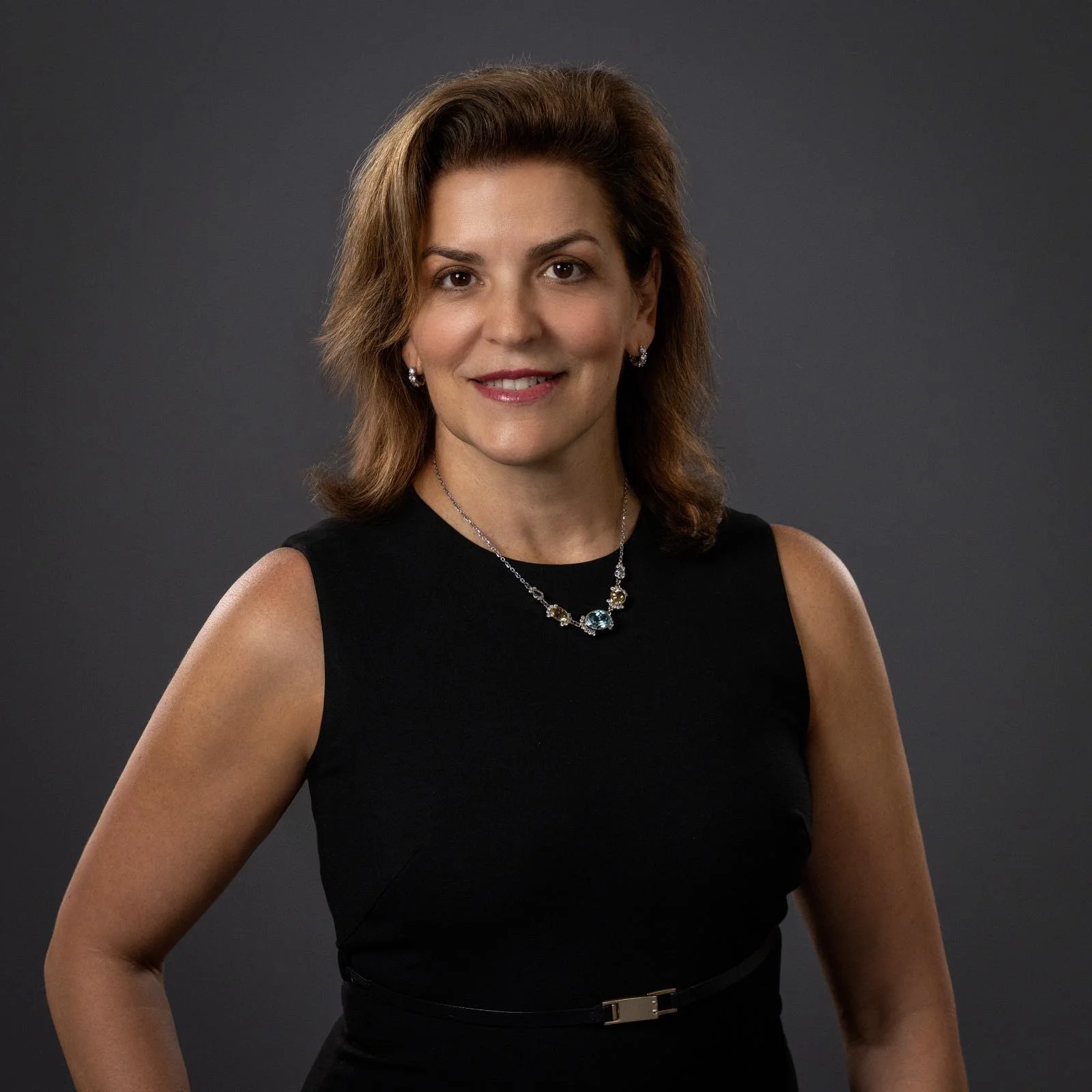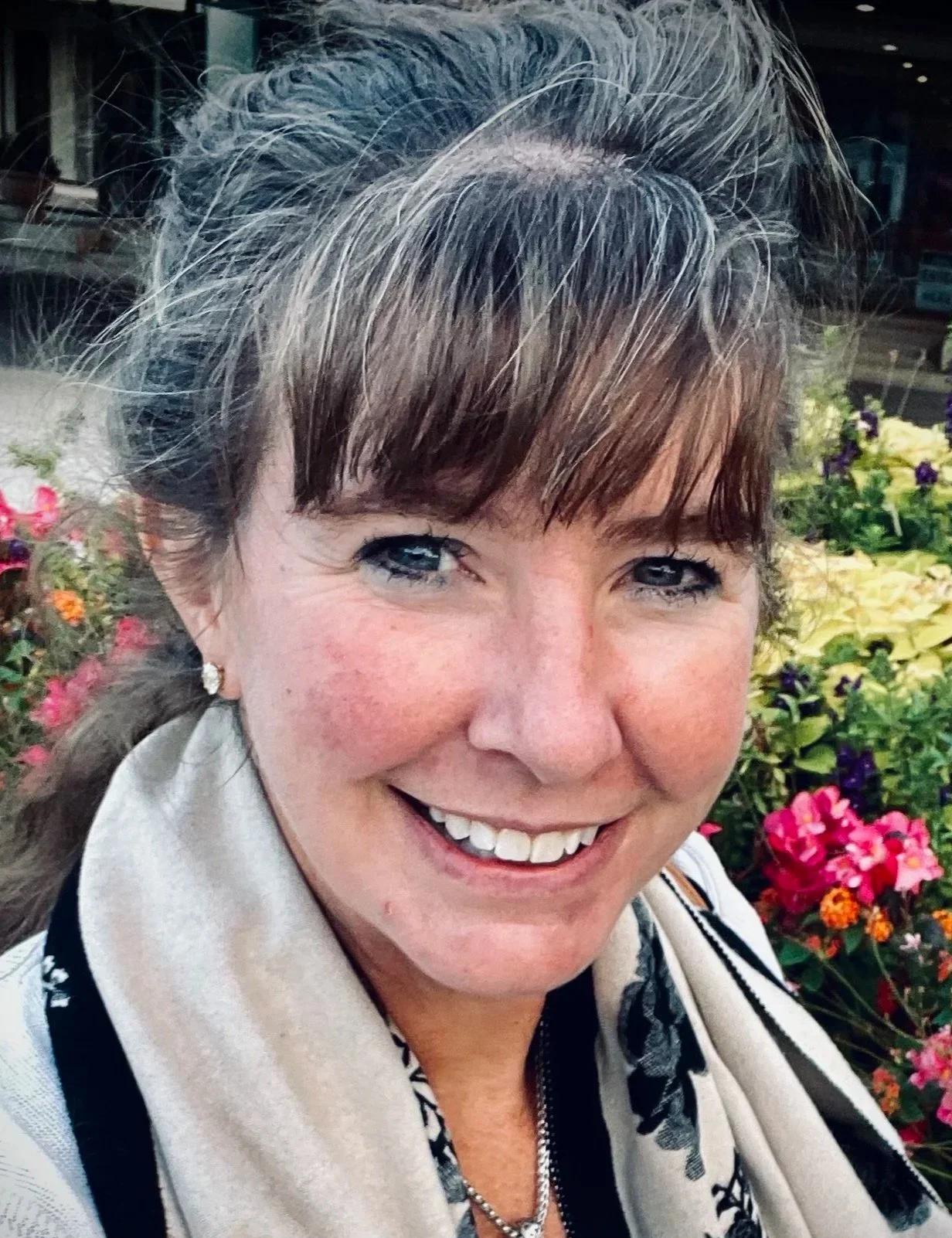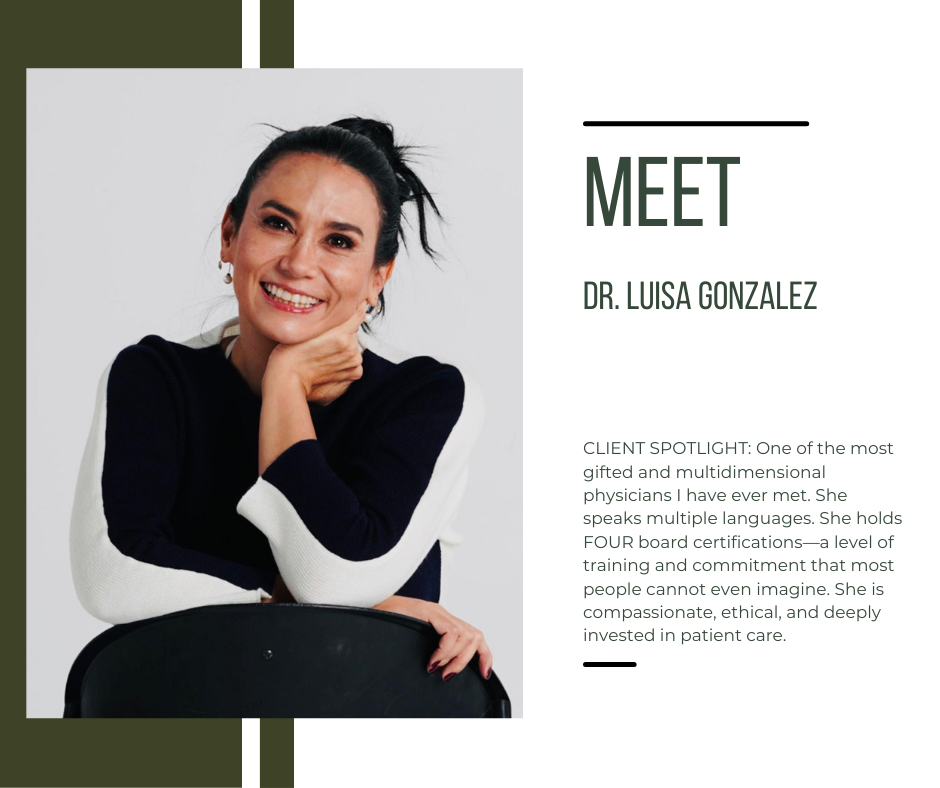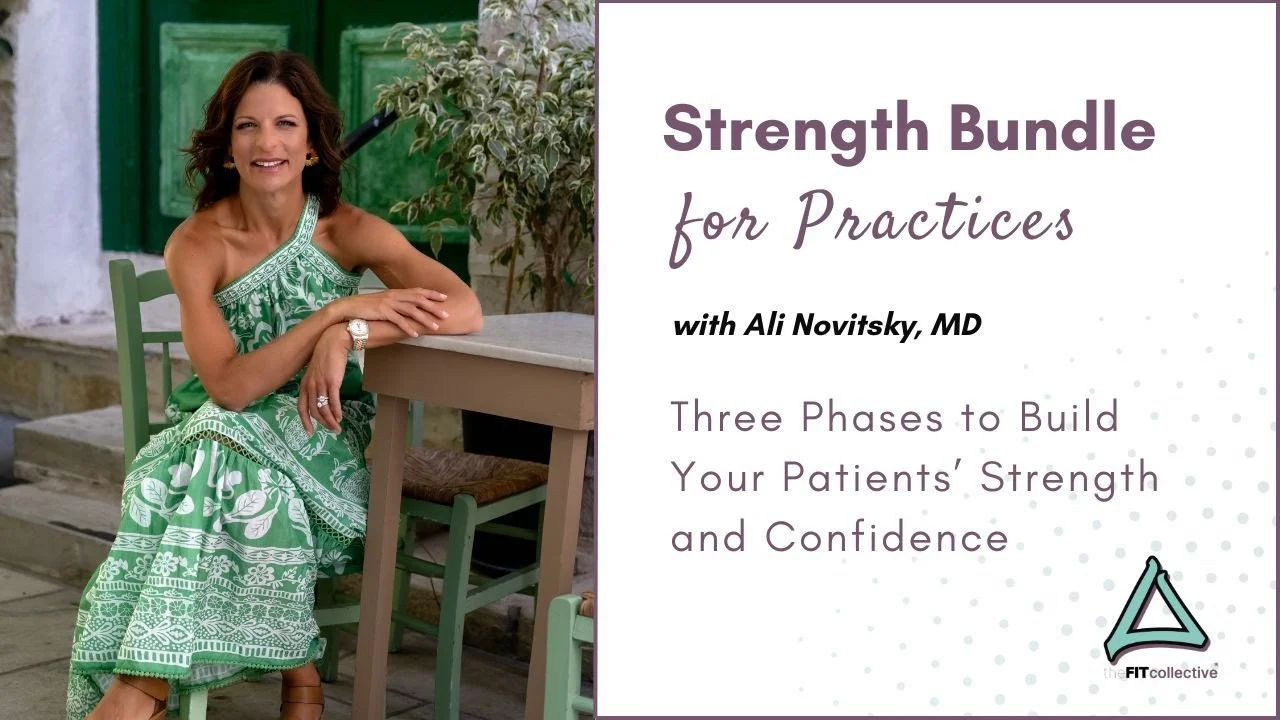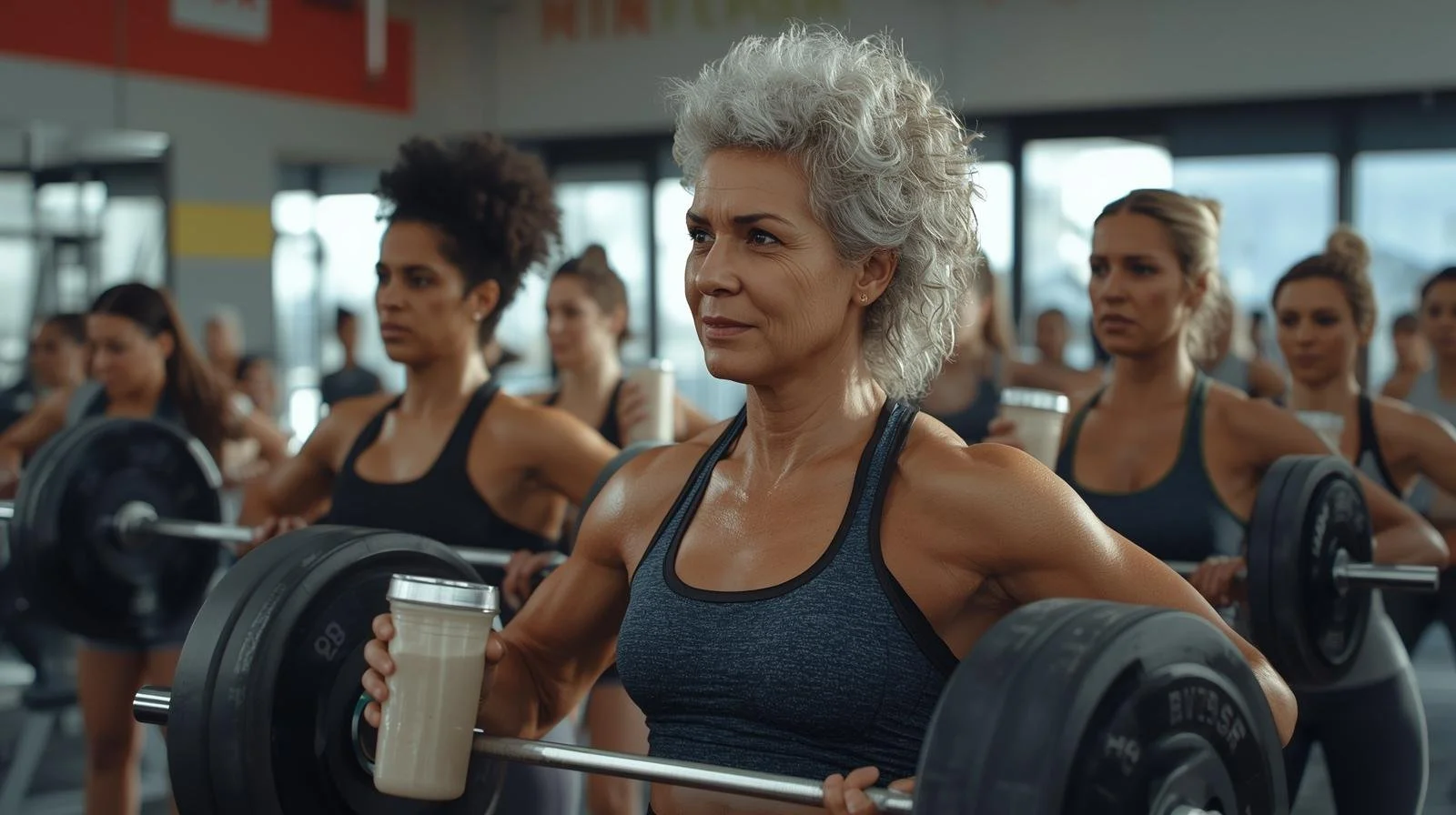Deceiving Scale Stories
The scale does not tell the whole story. Inspiring stories from women physicians that have overcome their scale struggles to achieve optimal health.
Why Measuring Body Composition is More Beneficial
By Ali Novitsky, MD - Life Coach for Women Physicians
The scale does not give the full story.
It simply measures our gravitational pull on the earth. But because the power of the scale is still so strong for so many of us, it is hard to give up our old beliefs. Things like, “I should weigh less,” “My plan isn’t working,” “My body is broken,” are often loaded up and ready to come out the moment we step on the scale and don’t like what we see.
Then we go down the pathway of, “Am I retaining water?”, “Did I put on muscle?”, “Is the scale broken?”, “How is my thyroid?”, “Do I have inflammation?”, “Is my cortisol high?” We overthink and over complicate it. Then the scale continues to retain its power.
This week, I wanted to share a couple of success stories from my women physician clients, where we took data beyond the scale and instead looked at a body composition analysis through an InBody Scan. If you are not familiar, an InBody scan is a fairly accurate way to determine weight, fat mass, and skeletal muscle. I have clients use InBody Scans and measurements, plus before and after pictures in my programs so that we can track fat loss, muscle maintenance, and/or muscle gain.
Let me share a story about the utility of an InBody Scan.
This lovely client has a goal of fat loss and muscle maintenance. She is using calculated macros. The plan was for her to be super consistent with her macros for just 1 week. So she was. At the end of the week, she stepped on the InBody Scale and noted that she had not lost any total weight. Now, if she only had that measurement alone, she would have felt disappointed. Perhaps thinking that all of her hard work was not worth it.
But, the InBody Scan revealed a 2 lb fat loss and a 2 lb lean mass gain. Lean mass is not skeletal muscle only… but rather water, glycogen, bone, organs, and ligaments.
Often when we lose body fat, our body tries to keep our empty fat cells full with water, so often our total scale weight will not change despite fat loss. This is exactly what happened for my client. And, if she didn’t have this data, she would not have the full picture. She is instead reassured that her plan is working and she is motivated to keep going.
Now let me share a story about the utility of traditional waist circumference measurements.
My amazing client has a goal of fat loss and muscle maintenance. In the past, she has used my program Mindful Macros® to achieve results. More recently she has been using calculated macros. She has been on point and honoring her authentic body with her exercise and nutrition strategy. In 4 weeks, she has maintained her weight. But, she has lost 2 inches off her waist. Inches off waist with same weight in a 4 week time frame, says to me that we have fat loss, and we could possibly have some muscle gain. She does have a mesomorph body type, so this could be possible. But, fat loss is definite. She is motivated, feeling great, and excited to keep going.
How about a story of overcoming emotional eating?
My open-minded, growth-mindset client wanted to adopt an intuitive style of eating to heal the relationship with food and her body. She knew that she could have secondary results of fat loss, but her primary goal was to heal. In the past, she was very restrictive with her food and would then overeat.
In the past month, she has used her hunger cues, she has not restricted food, she has become snobby with her extras, and I am happy to say that she reports the feeling of “freedom.” She is not having episodes of overeating out of emotion, and she loves the idea that if she eats chocolate, she will eat the best chocolate.
The diet culture has had influence for way too long. It is time to do things differently. As female physicians, we know what our bodies need, and we can always just make the next best decisions to honor our authentic bodies.
Want to learn more about how my coaching programs help women physicians achieve optimal health? Click HERE for a private info call with our Concierge team!
About Ali Novitsky, MD
Dr. Novitsky is certified by the Life Coach School, Obesity Board Certified, a physician speaker, and fitness enthusiast. Ali helps women physicians achieve their optimal health with scientific, yet intuitive, principles that work.
Follow Ali Novitsky, MD on Facebook or Instagram.
Subscribe to Life Coaching for Women Physicians on Apple Podcasts.




